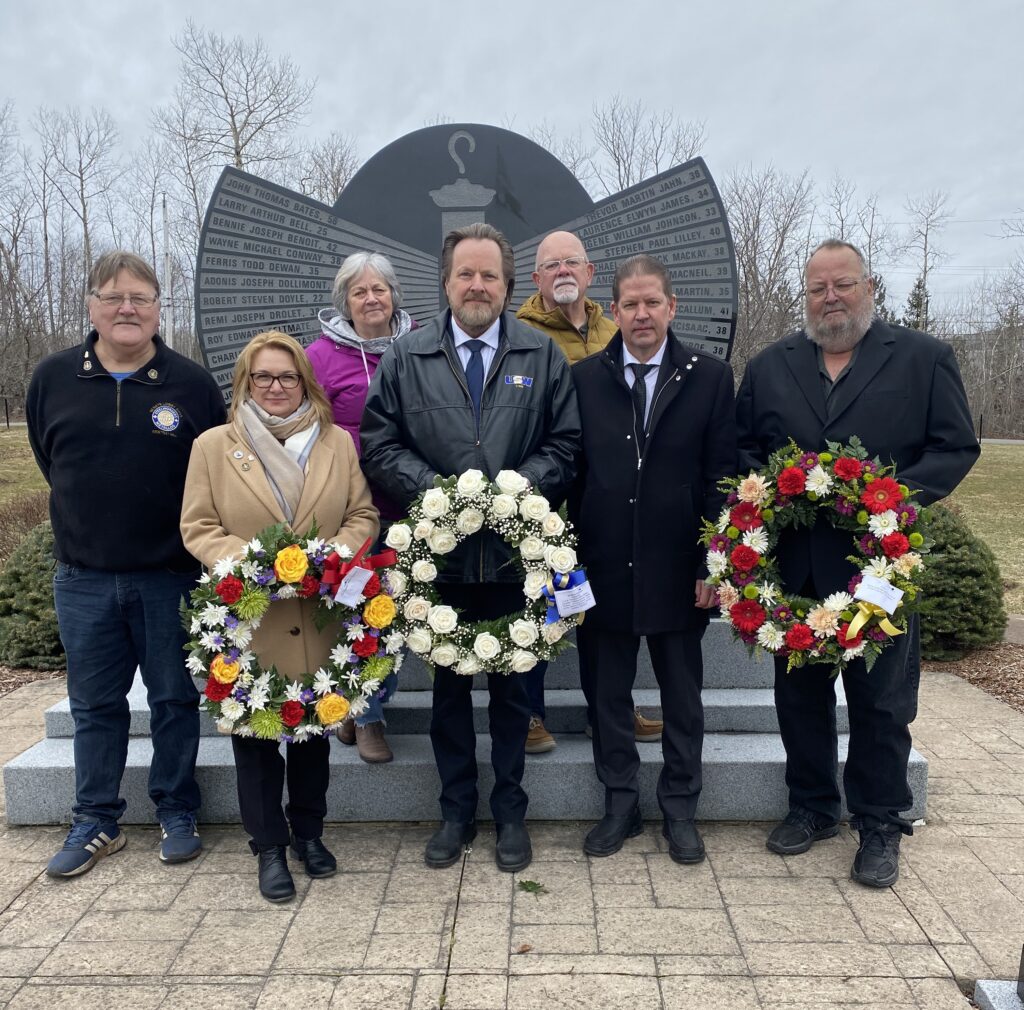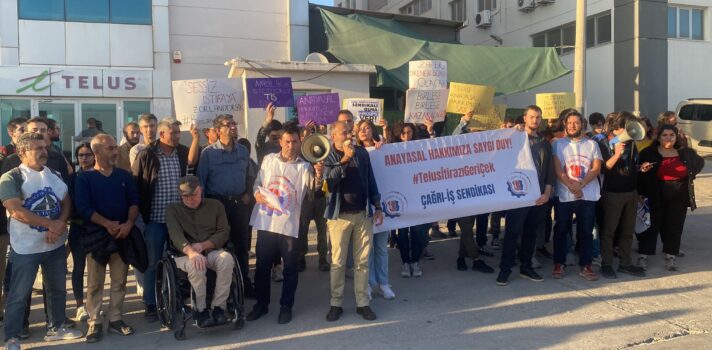NEW GLASGOW, N.S. – Two decades of failure to hold employers accountable for thousands of workplace deaths and injuries expose the need for greater action from federal and provincial governments to enforce the Criminal Code, Canadian labour leaders say.
“Sunday, March 31, marks the 20th anniversary of the enactment of the Westray Law, which strengthened the Criminal Code of Canada to make it easier to impose criminal liability on corporations for workplace injuries and fatalities,” notes Marty Warren, National Director of the United Steelworkers union (USW).
“Since the Westray Law came into effect in 2004, workplace deaths have claimed the lives of some 20,000 Canadian workers, and tens of thousands of other workers have been seriously injured or made ill on the job,” says Warren.
“The overwhelming majority of these workplace fatalities and injuries were preventable, yet the Westray Law has rarely been used to prosecute employers and hold them criminally accountable. The law simply has not been enforced. This is an ongoing, 20-year travesty,” he says.
The Westray Law was named in memory of 26 coal miners who were killed in the Westray Mine explosion in Nova Scotia in 1992. The law was enacted in Parliament following a decade-long political lobbying campaign led by the USW, other unions, former Westray miners and family members of the workers killed in the mine.
A ceremony marking the Westray Law’s 20th anniversary was held this week at a memorial park for the miners in New Glasgow, N.S., near the site of the former mine. Former miners and relatives of those who were killed were joined by representatives of the USW, other unions, the Canadian Labour Congress (CLC) and the Nova Scotia Federation of Labour.
“The Westray Law was a historic achievement that promised greater corporate accountability for workplace safety and greater protection for workers,” says Allen Martin, whose brother Glenn, 35, was one of the miners killed in the Westray Mine explosion.
“Our governments have betrayed this promise to workers and grieving families. A historic achievement has become a historic failure,” Martin said.
In 2014, the USW launched a national campaign, Stop the Killing, Enforce the Law, calling on provincial and federal governments to ensure greater enforcement of the Criminal Code in cases of preventable workplace fatalities and injuries.
On the Westray Law’s 20th anniversary, the USW, supported by the CLC and other labour federations, is ramping up the campaign to pressure governments to take action to address the failure to enforce the law.
“We have been denied justice, by governments, regulators, police and Crown attorneys, who have not known enough, or decided against using the Westray Law,” says Myles Sullivan, the USW’s Director for Ontario and Atlantic Canada.
“Corporations can’t be allowed to simply pay a fine whenever a worker is killed, while families and survivors are left to suffer needlessly. Every worker who is killed at work deserves to have their death investigated through a criminal lens, just like every other death in society,” Sullivan says.
“In the last 20 years, we have seen some 460 workplace deaths in our province, but not a single corporation or employer has been held accountable under the Westray Law,” says Nova Scotia Federation of Labour President Danny Cavanagh.
“We are demanding that the law be restructured and enforced with ruthless pursuit to ensure it serves its purpose – to deter negligent employers and safeguard workers,” Cavanagh says. “What’s the value of a law if it’s not enforced or respected?”
“Enforcing the Criminal Code is crucial to ensure that corporations take their obligations more seriously,” says CLC President Bea Bruske.
“When an employer fails workers, they deserve to go to jail. When there’s criminal negligence, the employer deserves to pay that price and go to jail, not just pay a fine,” Bruske says.
“Workers deserve to be safe at work.”
The USW and other unions and labour federations are lobbying governments to take decisive, meaningful action, including:
- the appointment of dedicated investigators and prosecutors for workplace deaths, along with mandatory, standardized training for such positions
- having Crown attorneys educated, trained and directed to apply the Westray amendments to the Criminal Code
- mandatory training for police and health and safety regulators, supported by the necessary resources, on the proper application of the Westray amendments
- mandatory procedures, protocols and co-ordination in every jurisdiction for police, Crown prosecutors and health and safety regulators
Share on Facebook



